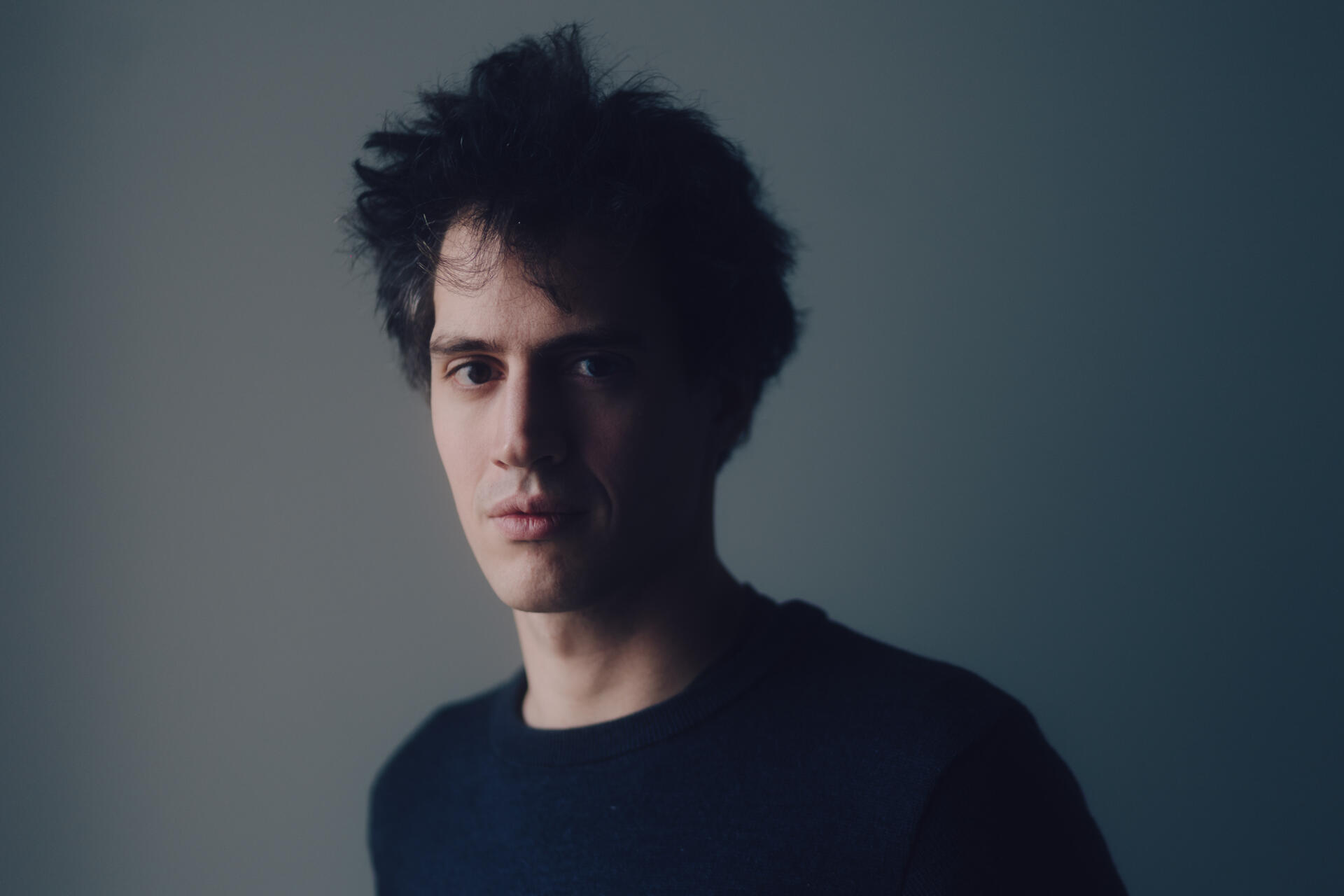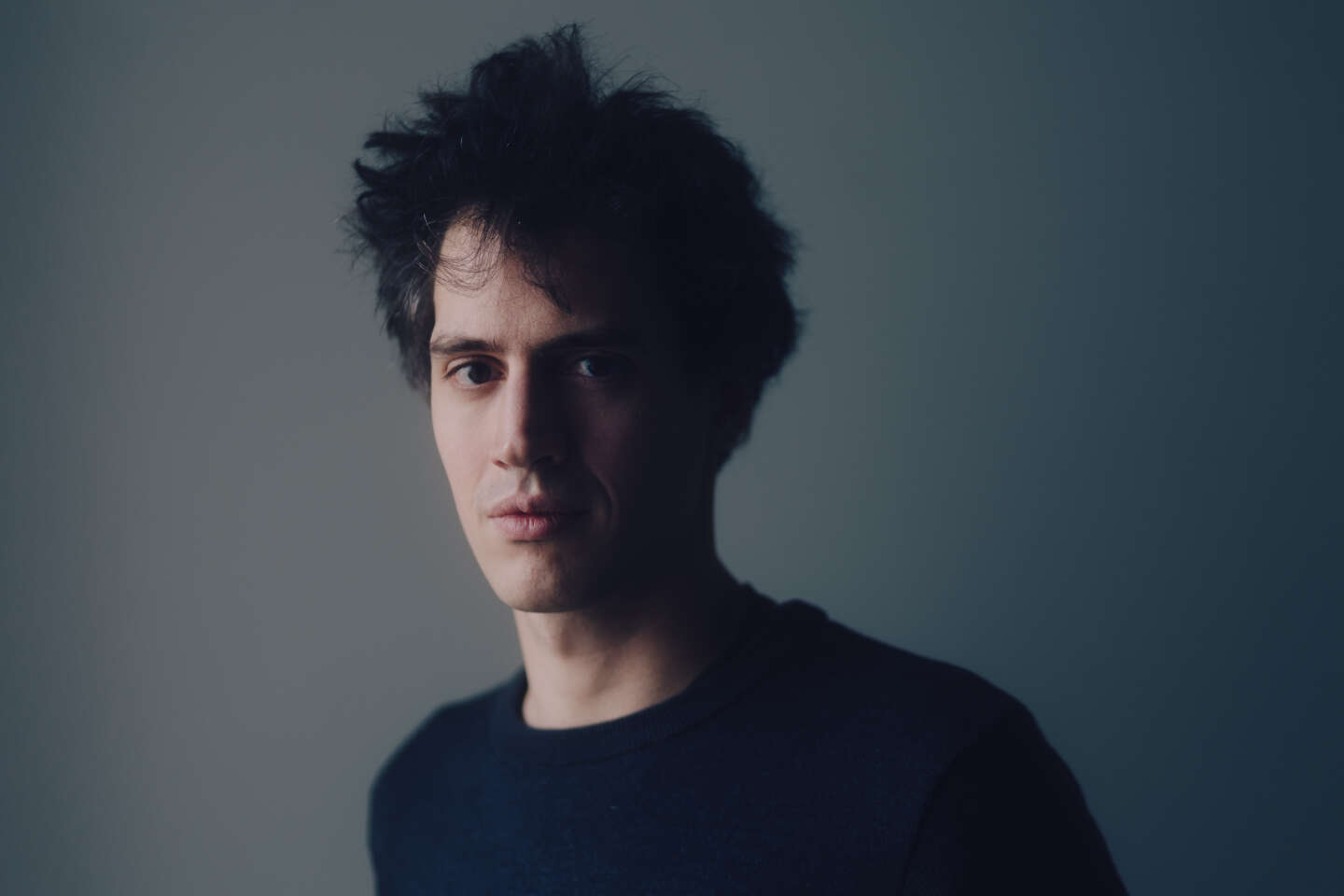Mistral AI is one of the most promising French start-ups in the field of artificial intelligence (AI). Founded in April 2023, the company, specialized in models that can generate text, made a lasting impression by raising almost 500 million euros − Xavier Niel, shareholder of World, is present in the capital. Arthur studied at the Ecole Polytechnique, the Ecole Normale Supérieure and Google DeepMind. Mensch, the 31-year-old co-founder and CEO, announced on Monday, February 26, Mistral Large, a new model that offers performance close to the leader GPT-4, from OpenAI, the creator of ChatGPT.
The start-up is also launching its own conversation assistant, Le Chat, which internet users can test by registering on a waiting list. More generally, Mistral AI announces a partnership with the American giant Microsoft to distribute its models to companies, with shared revenues. But Mr. Mensch reaffirms his desire to have one “independent and European player”. The engineer also discusses the controversial opposition of his advisor, Cédric O, former Secretary of State for Digital Affairs, to the European AI law: on copyright, Mistral AI says it is in discussions with “content providers, in publishing and the press”.
You launch an assistant that competes with already established services, such as ChatGPT, Bard (Google) or Claude (Anthropic). For what?
The Chat is a demonstration of our models, which are somewhat of the driving force behind these types of generative artificial intelligence applications. The goal is also to show companies what they can build with it. This type of assistant is the standard use case for professional generative AI today. They can be linked to internal information sources and documents.

What’s the point of creating a powerful model like Mistral Large, if so far you’ve distinguished yourself with small, efficient models that are less expensive to train or operate?
Having a powerful model is valuable because generative AI must trade off speed and reasoning power. In general, we need very quick questions to do simple things, and longer questions to do more complicated reasoning. For example, when we consult documents to answer a question, we summarize them using a small model, then reason about the summaries and intersect them with the question using a large model.
